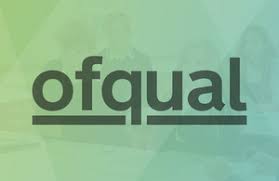This webinar will be on interest to Qualified Teachers of the Deaf, Speech & Language Therapists, Audiologists who work with deaf children with spoken language bilingualism. As the research is focusing on the decision-making in the early years of the child’s life, professionals who work with young deaf children are welcome, Parents/carers of deaf children who are raising their child with multiple spoken languages (or who are deciding whether to) would also be welcome as well as researchers/academics in this field.
More than 7000 deaf children in the UK use another spoken language in addition to English, with or without British Sign Language (BSL) as well (CRIDE, 2019). When a deaf child is born, parents must decide whether they will communicate with them using a spoken language, a signed language or both. For parents who use more than one spoken language, spoken language bilingualism is an additional option. As most deaf children are born to hearing parents, with little or no knowledge of deafness, the decision-making process can be very challenging and professional advice can be very influential.
In this session, Emily Wright will present the results from two new UK based studies. The first study investigated the professional beliefs of 108 professionals (Teachers of the Deaf, Speech and Language Therapists and Audiologists) on spoken language bilingualism in deaf children and on the advice that they provide to parents from multilingual families. The second study explored the decision-making process from the parents’ perspective to discover what factors influenced their decision to raise their deaf children with two spoken languages.
Presenter*:
Emily Wright, Doctoral Researcher School of Clinical Language Sciences, University of Reading
Closing date for applications: 11th March 2022
Access Support: automatic captions only. BSL interpreting must be arranged by attendee.




